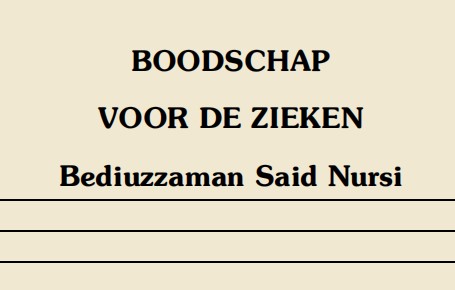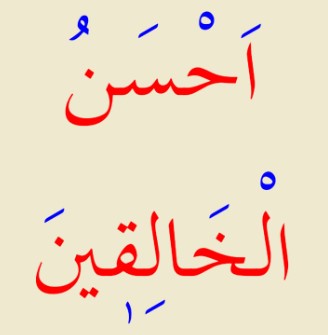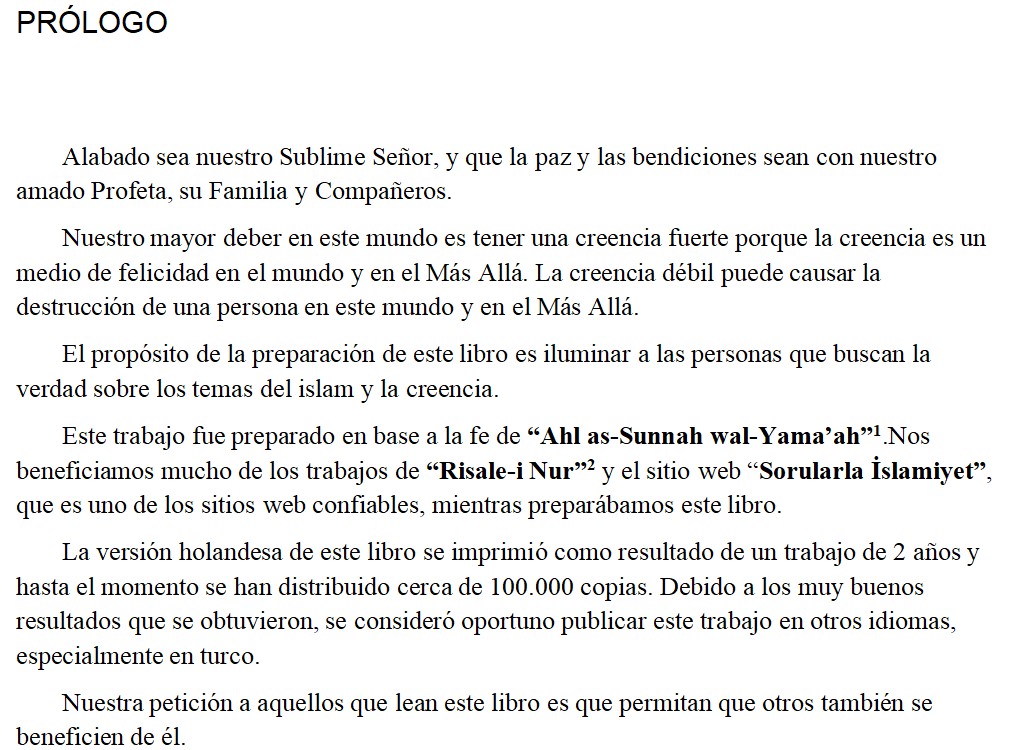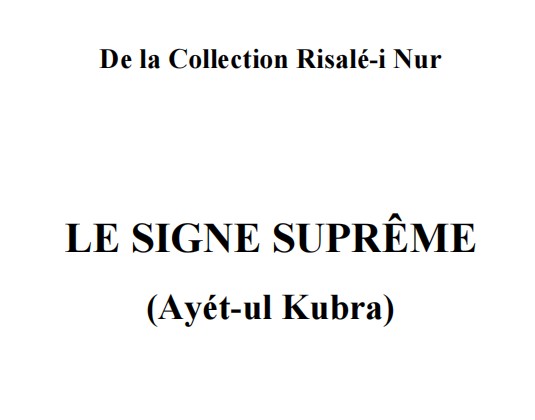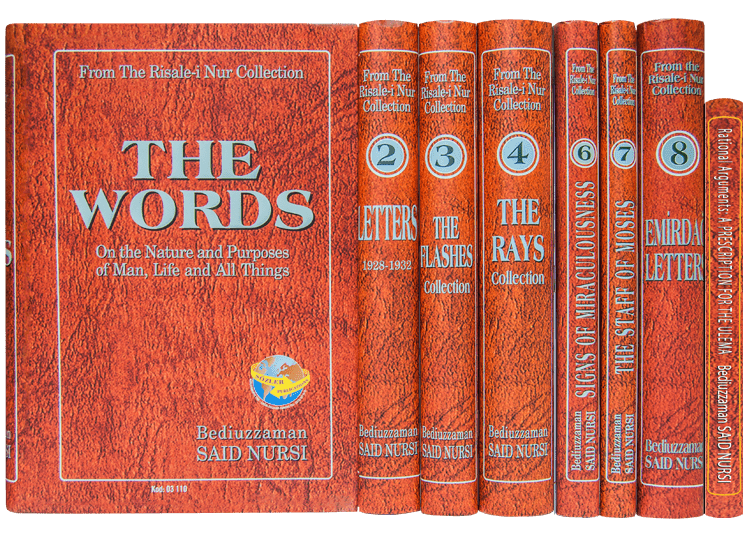
Is This Tafseer Different ?
IN WHAT WAYS IS RİSALE-İ NUR DIFFERENT FROM OTHER CONTEMPORARY SCHOLARS’ BOOKS?
Among all contemporary books expounding the religion of Islam, the Risale-i Nur explains everything on the level of belief. Not only is it a commentary on those verses of the Holy Qur’an that are directly concerned with the truths of belief, that is, Allah’s unity and existence, prophethood, the resurrection of the dead and the Hereafter, the angels, the Divine Determining, but it also employs the method of the Qur’an and proves those truths looking at the universe and seeing what it tells us through its order, symmetry and beauty and the way it functions.
Also uniquely and of the utmost importance is the fact that Bediuzzaman Said Nursi wrote the Risale-i Nur specifically to answer the doubts and confusions caused by atheist, materialist and naturalist philosophies, and to demonstrate through logical arguments and proofs their irrationality and absurdity, and to show that the only logical rational explanation of the universe and man is that revealed by its Single and Unique Creator. (Wahid and Ahad)
Through the method Bediuzzaman Said Nursi employs of logic and reasoned argument as well as simple stories and comparisons, he demonstrates that causality, which is the basis of materialism, whether named Nature, the laws of Nature or the forces of Nature, chance or coincidence, cannot function; causes cannot possess any power or consciousness with which to create or have an actual effect. But further to this, he shows what this means, that every single being from the most minute particles to the vastest heavenly body is being individually created. Therefore, any concept such as Allah Almighty (Kadir) as the “Prime Mover” must be recognized as being essentially materialist and discarded.
This method of the Risale-i Nur of analysing the nature of belief and unbelief is absolutely essential for the Western World and indeed for everyone, in order to gain a clear understanding and thus to be able to climb free of the mire of doubts, confusions and contradictions that mark materialist philosophy, and so to approach the truth.
A further point is that the Risale-i Nur describes the effects and the results of the true belief. It shows that when the universe is understood to be continuously created manifestation of its Creator’s Names and attributes, it becomes a living exhibition place of the most exquisite bounties, each a unique work of art displaying numerous instances of wisdom. The creation is pure good and man with all of his external and inner senses is able to respond all those different levels of bounties and thus to continuously increase in knowledge of his Merciful and Compassionate Creator (Halık-u Rahmân and Rahîm) and so to be able to truly carry out the worship and thanks (Shukr) that are his fundamental duty and the result of the way he is created. Bediuzzaman points out that the only true happiness in this world is attained in this way. In fact, true belief brings happiness in this transient world and in the Hereafter.
The Risale-i Nur is unique among contemporary Islamic works in presenting Islam as the only system of thought that answers all the questions that arise about life and the universe, and so, through clear and simple proofs, silencing the doubts and denials of materialism, naturalism and atheism; in presenting it as the final and complete revealed religion that provides for all man’s aspects and faculties and thus brings him happiness in this world and the next. No other Islamic books have this as their aim, so although they may teach many useful facts about Islam, they are not like the Risale-i Nur, inspired by the Qur’an to follow this method, which leads to true belief.
Generally speaking, other books deal with the social and economic aspects of Islam and with its practises. If they discuss the basic beliefs, such as belief in existence of One Allah, prophethood, resurrection and the Hereafter, their discussion is descriptive, they do not set out to demonstrate that all these truths may be proved rationally and so do not guide their reader towards the certainty of true belief. Therefore they should not be considered to contain the whole truth of Islam.
Nur Way


